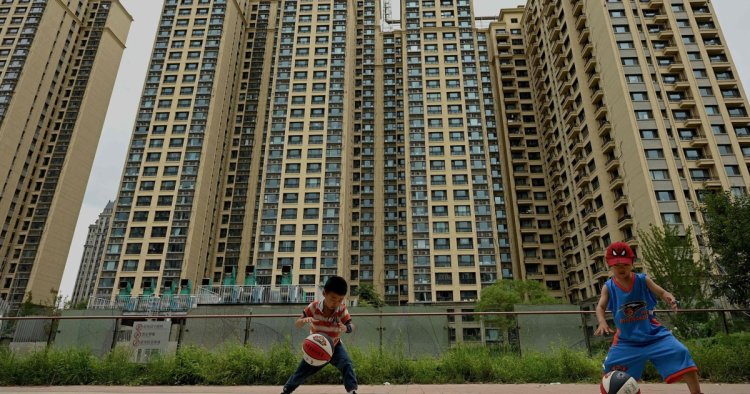Evergrande's Liquidation: A Sign of Wider Issues in China's Economy
The order by a Hong Kong court on Monday to wind up China Evergrande, once the world’s most valuable property company, represents a cautionary tale for investors, other indebted businesses and China’s own leadership.

Investor Caution: The Offshore Risks
The unfolding of Evergrande's liquidation process is set to expose the limited legal protection for offshore investors in Chinese assets. With over $300 billion in liabilities, the company's restructuring faces a complex mix of international and domestic claims. Should domestic claims be prioritized, it could further erode confidence in Chinese assets listed in Hong Kong. This scenario underscores the risks in international investment, a topic extensively covered in Forbes.
Hong Kong vs Mainland China: A Delicate Balance
Evergrande's situation is also a crucial test for Hong Kong's jurisdiction over mainland China's legal and financial systems. The extent of compliance by mainland courts and creditors with Hong Kong's directives is uncertain. This scenario highlights the intricacies of the One Country, Two Systems policy.
National Implications: The Threat of "Japanification"
On a national level, the collapse of China's property market, combined with aging demographics and significant debt, raises fears of a Japan-like stagnation period. This phenomenon, known as "Japanification", suggests a period of low economic growth similar to what Japan experienced in the 1990s.
Evergrande's Downfall: A Multi-Sector Impact
Evergrande's fall from grace began in late 2021 when it defaulted on offshore bond payments. The company's shares have plummeted, and its 2025 bonds are now valued at mere cents on the dollar. The company's chairman, Hui Ka Yan, faces legal action, a situation detailed in reports from Reuters.
Economic Domino Effect: Real Estate and Beyond
Evergrande's crisis, already a drag on China's economic growth, risks further impacts. Chinese developers may struggle to complete housing projects, with consultancy Gavekal Dragonomics estimating unfinished units at Rmb7.5tn ($1tn). Additionally, the collective debt of listed developers to suppliers, standing at Rmb3.4tn, highlights the potential for a broader financial contagion.
Beijing's Dilemma: Economic Stability vs Growth
The scale of these issues presents a challenge for Beijing. China's current urban property vacancy rate and housing prices significantly exceed those of Japan in the 1990s, according to Goldman Sachs research. The key question is Beijing's response, with a focus on stimulating the economy and restructuring troubled sectors.
Xi Jinping's Role: Economic Growth vs National Security
President Xi Jinping's priorities, balancing economic growth against national security and technological advancement, will be crucial in navigating this crisis. Learning from Japan's past mistakes and taking decisive action is essential for China's economic future.
What's Your Reaction?






















